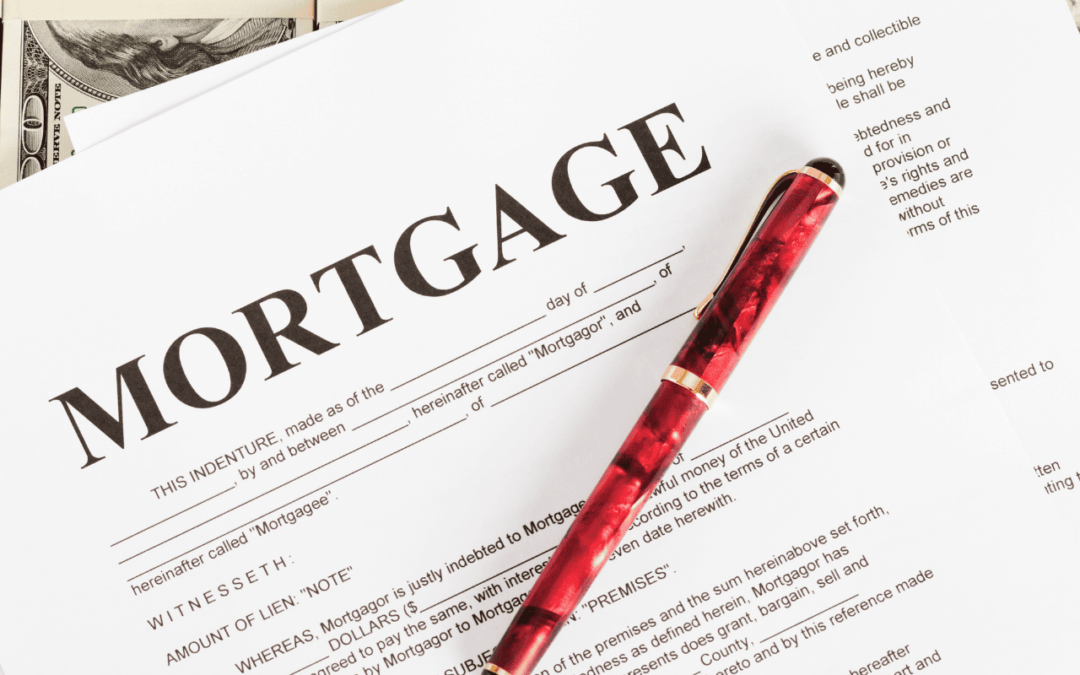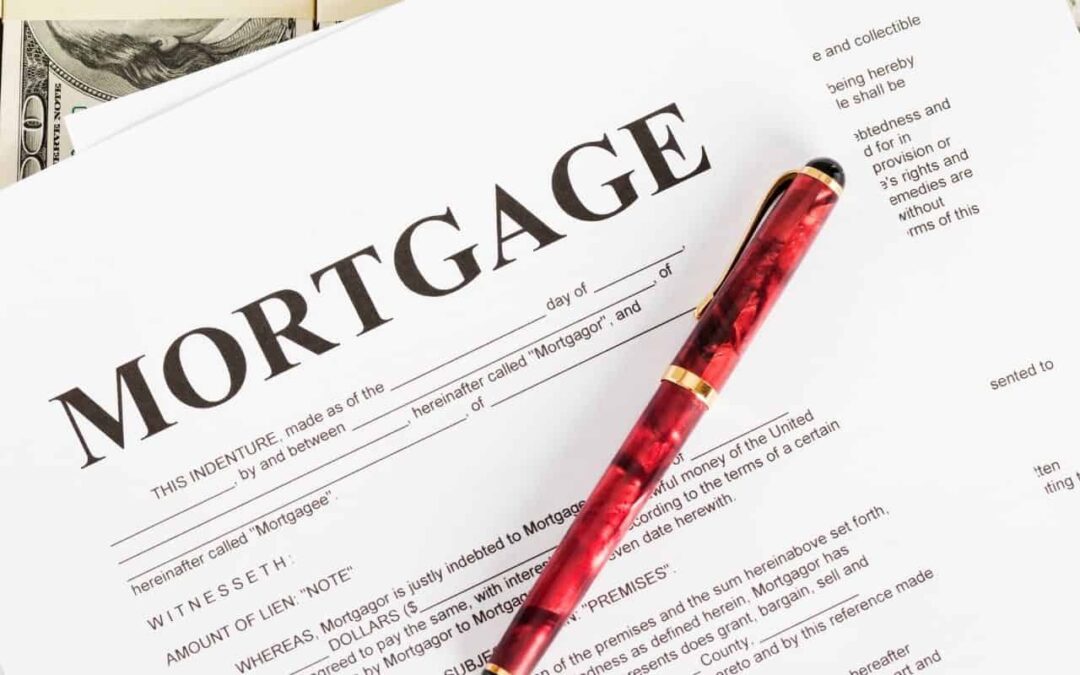
What is Mortgage Note Investing?
In the simplest of terms, mortgage note investing is the purchase of an existing mortgage note, often at a significant discount. Upon purchase of the mortgage note, you become the lender. You are not purchasing the physical property but have the legal right to foreclose on it if payments are not made as specified in the terms of the loan contract.
A mortgage note is a document that is legally enforceable and will include specific information about the loan, including:
- The amount borrowed
- How many years before the loan has to be completely repaid
- The interest rate
- The amount of each payment (principal plus interest)
- When payments are due
- Fee amounts for late payments
- Other penalties
- Foreclosure rights and terms
Types of Mortgage Notes
Mortgage note investors may choose to invest in commercial property notes or residential notes. Commercial property notes may include those on apartment or condominium buildings, strip malls, multi-use properties, warehouses, or even construction notes. Many of these properties are owned by companies rather than individuals, so the time required to complete the purchase may be considerably longer and the process a bit more complicated. But the return on investment also stands to be larger as well.
Residential property notes are those on individual family homes or properties with five, or less, residential units. Both categories of notes have their inherent advantages and disadvantages. Before investing in either type of note, a potential investor should at least have a working knowledge of what those advantages and disadvantages are.
Mortgage Note vs. Traditional Real Estate Investing
In traditional real estate investing, an investor purchases a distressed property, improves it, and either re-sells it or maintains it as a rental property. Often these purchases are financed by either the investor’s own cash or funds obtained from private lenders. Even though these properties are purchased at a price lower than the current market value, there is still the added expense of maintenance and improvements and, other fees and expenses. The value of the property, the sales price, is determined by the current real estate market -what someone is willing to pay for that particular property based on its comparison to other similar properties in the same area. So even after investing in the initial purchase of the property and making the additional investment in repairs and renovation, the final return on investment is uncertain and is determined by market value.
In mortgage note investing, an investor purchases the mortgage on the property, the debt, rather than the property itself. They own the financing of the property rather than the physical property. The owner of the physical property is still the legal property owner and is responsible for all maintenance and upkeep of the property. If a tree falls on the house, or a water pipe bursts the property owner is responsible for the repairs. The only difference for the homeowner is that they will be making their mortgage payments to the mortgage note investor rather than the original mortgage company. And, just like the original mortgage company, the investor has the legal right to foreclose on the property if the terms of the financing are not met. The return on investment is more secure because the property already has an owner – the investor does not have to worry about whether or not the property will sell for its asking price. But open communication is essential during the process of notifying the property owner of the change. With so many scams being run on people every day, some homeowners may hesitate to make payment to someone new – unless they feel comfortable with the information and documentation provided to them.
How Does An Investor Purchase Mortgage Notes?
Mortgage note investors can purchase the notes from the bank or finance company that currently holds the mortgage note, from other individuals and investors, or investment companies. Banks are considered one of the most reliable options, though, because they usually have significant inventory and are often looking to unload some of the less attractive mortgages.
But before approaching any mortgage note seller, an investor should have an investment plan (keep the mortgage note or, plan to sell it to someone else further down the road) and a budget that factors in closing costs and all other fees.
Looking for a New Approach to Passive Income?
If you are looking for a new approach to passive income, sign up now with Melanin Homes to become a preferred buyer or schedule a FREE consultation to learn more. Watch for more details and information on both commercial and residential mortgage note investing in our future blogs posts.





